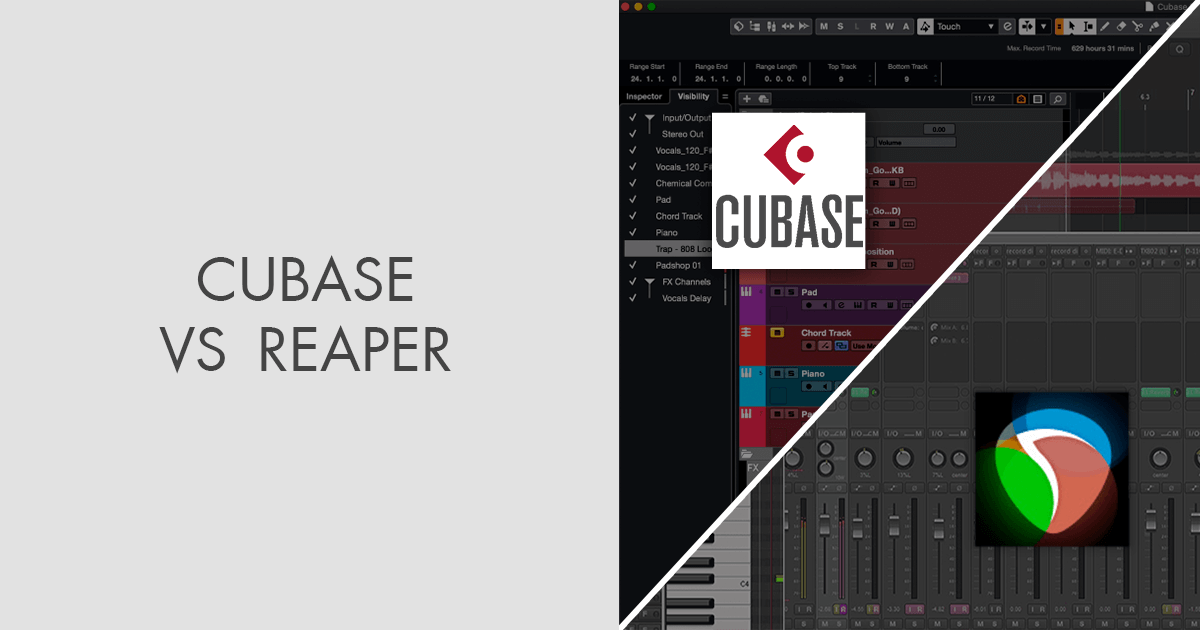

Comprehensive video support: Pro Tools has excellent video integration, making it easy to sync audio to picture and to edit and manipulate video within the DAW.High-quality signal processing: Pro Tools offers a wide range of high-quality signal processing plugins, including EQs, compressors, and reverbs, which can be used to enhance or correct audio during post-production.The automation features allow for precise and detailed control of volume, pan, and other parameters, which is essential for post-production and dubbing work. Advanced mixing and automation tools: Pro Tools has a powerful mixing console that allows for precise control of levels, panning, and effects.Industry standard for audio post-production: Pro Tools is the industry standard for audio post-production, making it easy to collaborate with other professionals and ensuring compatibility with industry-standard workflows.In this comparison, we will take a closer look at the latest versions of Pro Tools, Reaper, and Cubase, and evaluate their pros and cons for professional usage in the dubbing industry. However, each of these DAWs has its unique strengths and weaknesses, which can make them better suited for certain applications and workflows. These DAWs are widely used by professional musicians, producers, and engineers, as well as independent artists and home recording enthusiasts. All three are highly capable software applications that offer advanced features and tools for recording, editing, mixing, and mastering audio. Pro Tools, Reaper, and Cubase are three of the most popular Digital Audio Workstations (DAWs) in the music and audio industry.


 0 kommentar(er)
0 kommentar(er)
